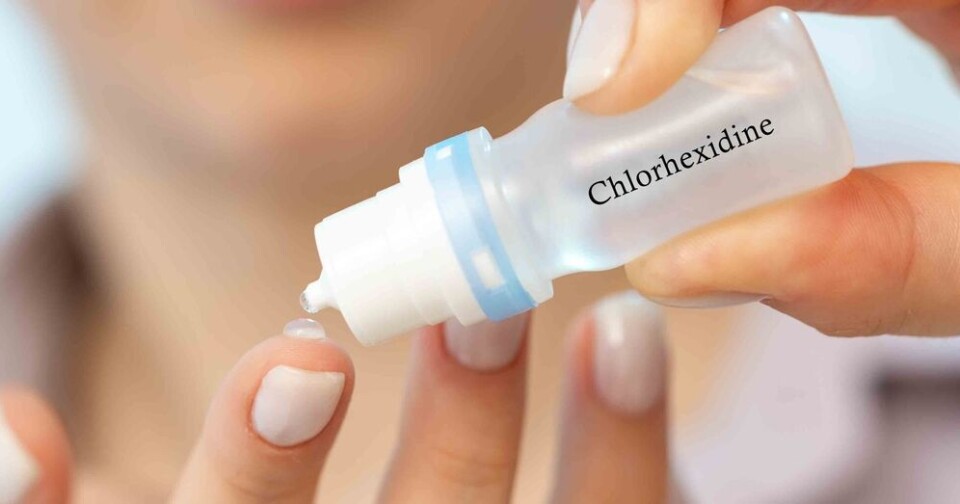-
Sex on work trip classified as workplace accident under French labour law
Classification requires employers inform the inspection du travail of the event within the 12 hours of an incident
-
Scam calls in France more than double in a year
Complaints about unsolicited calls are second only to those about fibre optic internet
-
‘Medical deserts’ major issue in upcoming local elections in France
Access to healthcare is now a more pressing concern than education, mayors say
Alert over allergy risk from antiseptic widely used in France
The French medicines agency warns that in rare cases, the chemical can cause severe reactions

Use of a widely-available antiseptic and disinfectant in France should be limited, warns the French medicines agency, due to a risk of it causing severe allergic reactions.
The Agence nationale de sécurité du médicament et des produits de santé (ANSM) said on November 30 that it had seen a “steady increase in the number of reports of serious allergic reactions associated with chlorhexidine”, which is a bactericidal antiseptic.
It advises people to reduce the risk by not using it at home as their main disinfectant.
It said: “Many people in France are exposed to it, which increases the risk of sensitisation and, consequently, the risk of an immediate and serious allergic reaction. Such reactions, which are still rare, generally occur within an hour of using chlorhexidine.”
Possible allergic reactions include facial swelling, breathing difficulties, and even anaphylactic shock, an extremely violent allergic reaction that requires immediate and urgent medical attention.
What is chlorhexidine?
It is one of the most-used antiseptic chemicals in France, the ANSM said.
It kills bacteria, and is used in a wide range of products, including mouthwashes, mouth spray solutions, chewable tablets, eye drops, and gels for bladder complaints.
It is also often used in some toothpastes and other hygiene products, and used in some cosmetics as a preservative.
How can I avoid it?
The ANSM said that to “reduce the risk of allergy”, people should wash any superficial wound “with clean water and soap” as “the first step”. It also advised people to avoid overuse of the antiseptic and disinfectant in cleaning products and cosmetics in the home.
Healthcare professionals should prescribe their patients products that do not contain chlorhexidine, it added.
If you have already had an allergic reaction to chlorhexidine in the past - or a similar reaction to another hygiene product - the ANSM warns that you should always tell your nurse, pharmacist, doctor, surgeon or dentist before they administer or prescribe you with any treatment.
You can also note that you have this allergy in your Monespacesante.fr account online, if you have one.
What if I think I am having an allergic reaction to chlorhexidine?
The ANSM states that if you are experiencing one or more of the symptoms of a serious allergy, stop using chlorhexidine and seek medical help immediately by calling 15 (within France).
Symptoms may include:
- Swelling of the face, lips, tongue or throat
- A skin rash accompanied by redness and itching
- Wheezing or difficulty in breathing
- A feeling of weakness and dizziness
- A strange metallic taste in the mouth
- Fainting.
What are the alternatives to chlorhexidine?
Alternatives - particularly those recommended for use by health professionals, if they know that their patient is allergic to chlorhexidine - include povidone-iodine, chlorine derivatives (sodium hypochlorite) and modified alcohol, the ANSM said.
These alternatives can also cause reactions, but are less likely to do so in people with a chlorhexidine allergy.
Related articles
Hope for allergic asthma sufferers as French laboratory tests vaccine
























